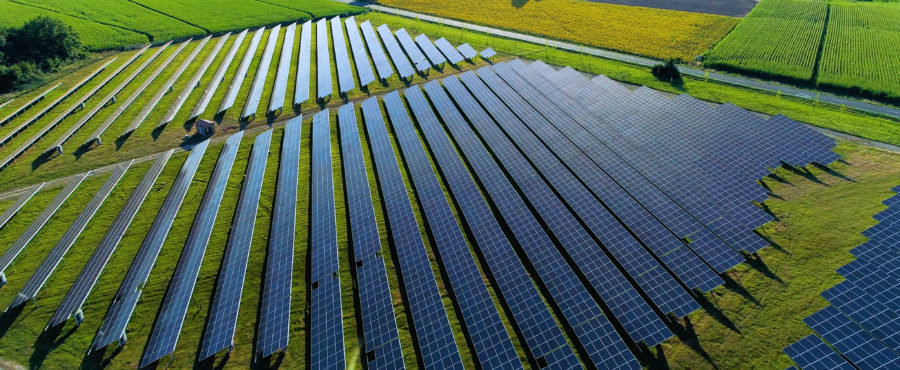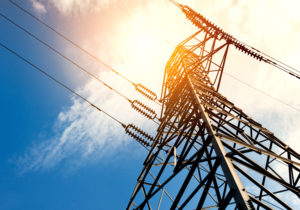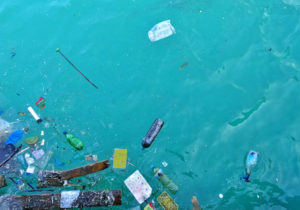
Entrepreneurs have been included in the definition of a prosumer in the provisions of the Act on Renewable Energy Sources. This amendment may contribute to greater interest in RES microsystems, and within several years, may also bring significant savings in energy costs, particularly for small and medium companies.
The implemented changes involve, among other things, a modified definition of a prosumer. With this amendment of the act, not only households but also businesses will be able to benefit from a discount system. This means that companies which have their own solar or wind modules may transfer surpluses of generated electricity back to the grid and collect them later, when their demand is high.
The amended regulations contain more precise provisions regarding bill payments, also to the benefit of prosumers. Electricity not used in a given settlement period is transferred to the following months, but not longer than a year from the date the power surplus is returned to the grid. The new solutions make companies’ electricity costs more balanced and eliminate some risk from business operations. Detailed rules introducing a uniform way of accounting for prosumers’ renewable energy and protecting their interests are to be implemented by a regulation currently worked upon. One must remember that the prosumer’s microsystem may have up to 50 kW of power and power generation must not be the major part of the company’s business operations.
Sustainable development
As statistics reveal, popularity of solar systems in Poland is rapidly growing. According to information of Polskie Sieci Elektroenergetyczne, a major state-owned power company, the total capacity of such systems in our country, as of 1 September, amounted to 940.9 MW. This represents a growth by 156 per cent y/y and 6.6 per cent more from August till September 2019. This trend has also been confirmed by the Polish Ministry of Enterpreneurship and Technology, which informs that in 2018 in Poland about 28 thousand photovoltaic systems were installed and activated. This is over twice as many as the year before. “One should expect that the amended regulations will contribute to a higher share of RES in Poland’s energy mix. Businesses allowed into the prosumer system, given the expected rises of energy costs, are likely to use the opportunity to generate long-term savings. This is beneficial not only to their own business but also to everyone due to the higher share of “clean” technologies in the energy sector,” says Anna Sawicka, Chief Ecological Strategy Development Specialist in Bank Ochrony Środowiska (BOŚ).
Today, in the country of the Vistula river, the dominating energy material is coal. The structure of the energy production process must, however, be diversified gradually through the development of emission-free technologies. Poland and other EU member states have joined the Paris agreement and will start implementing it by adopting provisions of the climate and energy policy till 2030. One of its main goals is to ensure at least 32 per cent of RES in total EU’s power consumption[1].
Investment in practice
When one is considering choosing a solar or wind system, they should hire a professional designer, who will estimate the proper capacity of the system matching individual needs. This is key to optimisation of costs – both of the installation itself and of later fees. A source of up to 10 kW may prove more cost-efficient even if it is not going to satisfy the company’s entire power demand. “With an installation of up to 10 kW the discount is 0.8, which means the prosumer may collect 80 per cent of the power returned to the grid, without any extra fees. For microsystems of 10-50 kW, the discount is 0.7,” explains Anna Sawicka.
The raising interest in micro solar systems arises, among other things, from the anticipated increases of power prices. The more expensive the power, the entrepreneurs are more willing to seek cost saving opportunities. However, many a company may find the initial cost of the investment a significant barrier – a system of 40-50 kW costs about 200 thousand PLN. When seeking sources of financing such projects, it is certainly worth looking at the Energy Plus program carried out by the state-owned National Fund for Environment Protection and Water Management (NFOŚiGW) or commercial offers (e.g. EKOoszczędny loan from BOŚ Bank), along with the Biznesmax guarantee dedicated to the SME sector, offered by Bank Gospodarstwa Krajowego, which provides subsidies to interest payments.
[1] 2030 State Ecological Policy – development strategy in the area of environment and water management
Source: press kit




